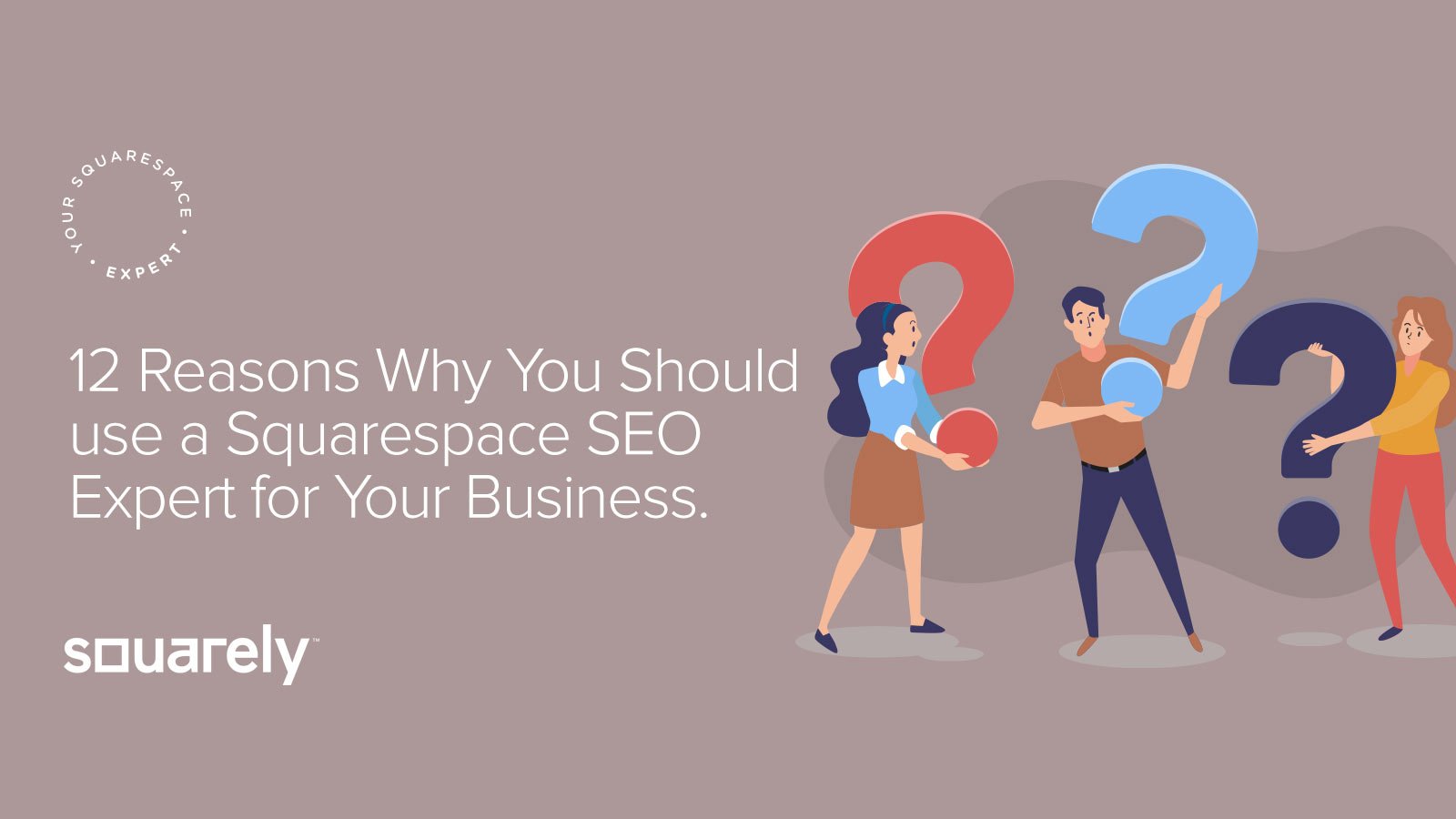11 tips to create the perfect business name
A great business name isn’t just something that looks or sounds cool, or because you like it. A great business name is one that is unique, memorable and communicates to your customers what you’re about.
The right name can be a brand’s most valuable asset, carving out a unique space in the marketplace and rapidly creating awareness when paired with social media, marketing and advertising strategies.
However, the wrong name can do worse than fail to connect with customers; it can also result in challenging business and legal hurdles. In contrast, to a clear and powerful name which can be the cornerstone to your business success and growth.
So, what makes a great business name?
There are plenty of theories and studies on what makes a good name. vWhile there is no magic formula, there are commonalities that make a brand name easier for you to use and easier for your target audience to remember.
In short, you want something that’s:
Accessible: People can easily read it, say it, spell it, or Google it. (Even if you have an unusual or bizarre name, it must be universally understandable)
Distinctive: It’s unique, memorable, and stands out from your competitors.
Meaningful: It communicates what your business stands for, what it does, or what value it delivers.
Visual: You can express the name and brand through design, including icons, logos, colours, imagery and supporting imagery etc
Protectable: You can get the domain, social media handles, trademarks and “own” it, both legally and in the general consciousness of people.
Flexible: It can grow with the company and maintain relevance regardless of company growth and directions. It can be adapted for different products, service lines and/or brand extensions.
This is useful criteria to help you filter appropriate names, however there’s really only one question to decide whether a name is right for your business - Do people understand it, like it and resonate with it?
Here are our 11 tips to get you started on the right path
1. Avoid hard-to-spell names.
Trust us, you don’t want potential customers getting confused about how to find your business online (it’s tough enough as it is!), or say it to someone. The last thing you want is to having to continually correct the misspelled version of your name. Keep it simple - unless its relevant to your business and vision.
Think of it like naming a child, and imagine you always had to spell out “JJOHN” to everyone. Annoying!
2. Don’t choose a name that limits your business growth.
Choosing a niche name may cause you problems down the road when your business grows. What if Jeff Bezos had picked the name “OnlineBooks” instead of “Amazon.” So avoid names like “Melbourne Bathroom Fittings” or “ Only Bow Ties” You don’t want to limit your business to a particular product / service or a specific city (unless you have zero plans to expand).
Note: Theres are some advantages to having a super focused business name. ie SEO purposes. So if you are confident that you only want to specialise in “Melbourne Volvo Car Repairs” then it can be beneficial to your business.
3. Brainstorm your pants off.
Here’s the fun (and sometimes daunting) part. Get your business partners and those invested in your business success and do a mind dump of ideas. Even though it can be fun to let everyone go wild, give everyone some guidelines to work in without stifling their input.
Try these specific exercises to get the creative juices flowing:
Write down all the adjectives that describe your product or service.
Describe what you want your customers to feel when they use your product/service.
Do a free-thinking word association about your product/service.
Another useful way to brainstorm is to think of the different categories of business names:
Founder: A name based on a real or fictional person, such as David Jones, Nick Scali Furniture, Dick Smith Foods.
Descriptive: A name that describes what the business does or makes: Aeroplane Jelly, Donut King, National Australia Bank
Fabricated: A totally made-up name or word ie. Canva, Optus, Xero
Metaphor: A Mythical, foreign, or names around a place, people, animals, or processes like Nike or Patagonia.
Acronym: A name that uses initials or an abbreviation, such as MYOB (Mind Your Own Business), QANTAS (Queensland and Northern Territory Air Services) or IGA (Independent Grocers Alliance)
Blended: A name that is mixes two words together or a real word with an alternative spelling, such like Officeworks, Webjet, Grocon or Fiverr
Come up with a name (or two) for every category. You’ll probably start to see a trend or preference for one type over the other. Aim for 15-20 options
There are also some great sites to help you brainstorm names, including:
VisualThesaurus.com (gives you a visual around a keyword)
Shopify Business Name Generator (generates business name ideas and checks domain availability at the same time)
Business Name Generator (provides a startup company name generator)
Naminum.com (allows you to generate names based on a theme)
Namelix.com (allows you to generate various names with visuals)
4. Google is your best friend - DYOR - Do Your Own Research.
Once you’ve determined a shortlist of names do a Google search on them to see what comes up. Look for what domains are used, how the name has been used in other industries or contexts, and also see if there are any negative connotations of the name out there. Your results will help you filter out some of your shortlisted options.
Go to Netregistry.com.au, and lock on social media to see what names are taken and what are available.
5. Use a name that conveys some meaning.
Ideally, you want a business name to convey something meaningful and positively relates to your business. Will people instantly understand what your business is about? Names like “Google,” “Xerox,” or “Sony” have some appeal due to their uniqueness, they have had a lot of time, money and energy spent in developing meaning around the “made up” nature of their names.
A domain and business name like “carsales.com.au” is perfect as it conveys not only what the business does but is also powerful for search engine optimisation purposes. Not the most exciting name, however it is descriptive.
6. Make sure the name sounds good when said aloud.
Sometimes names seem fine on paper, but sound awful when said aloud. And if it’s said aloud, make sure people aren’t confused as to how it’s spelled. Imagine how you’d answer the phone or tell someone your new business name.
7. Assess if the name is catchy.
Ideally you don’t want a boring business name (unless you choose a descriptive name), however you also don’t want to choose something that’s too crazy that alienates or confuses people. You want people to be proud to associate with your business and a name that resonates with your target audience.
8. Get feedback on the name.
Come up with a shortlist of around 5 names and run them past people who’s opinion you value. Get feedback from your target audience or current customers as well. Make sure that the name doesn’t have any negative meanings (Google would have uncovered that already for you)
9. Make sure you’re happy with the name.
Once you’ve done all your brainstorming, research, assessment and done getting feedback from your peers, ask yourself “Am I happy with this?” As you’re the business owner you’ll have to live with the name for a long time, so make sure you’re happy with it and believe it will resonate with your customers. Take this time to get it right from the start.
10. Get social - is it taken?
These days for any business it is crucial to not only be found online, but be connected online via social media channels. So make sure your name can be consistently found on Facebook, Instagram (if thats your jam) and linked in. Lock in a consistent handle across the various platforms reducing the need to communicate variations of each one.
YES - @joesplumbing on FB, IG and LinkedIn and www.joesplumbing.com.au
NO - @joes_plumbing, @joesplumbingmelb, @joes-plumbingservices on FB, IG and LinkedIn and www.joesplumbingservices.com.au
11. Lock it in
Congrats, you’ve brainstormed your idea, done your research, got feedback and now should have 1 (or 2) options to seriously lock down. So the next step is to officially lock them in.
Secure your Social Media handles on Facebook, Instagram, LinkedIn etc.















